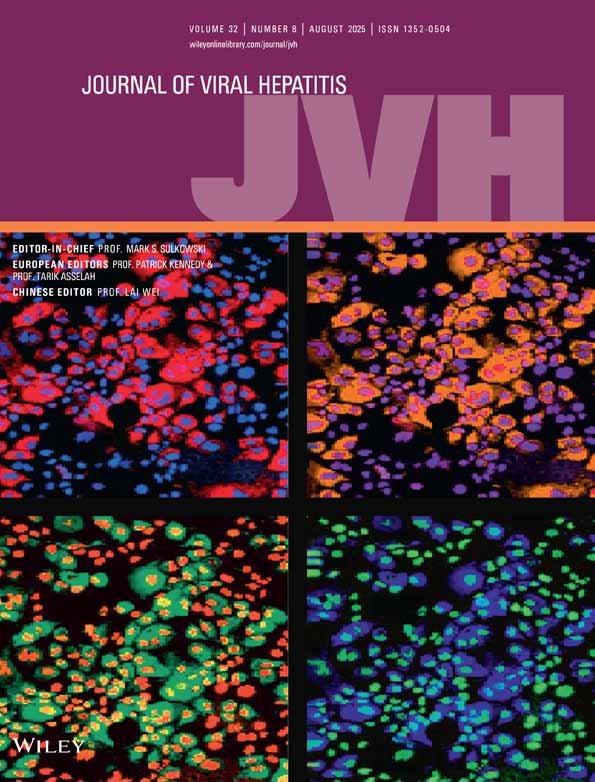CHIME: Sofosbuvir/Velpatasvir (S/V) for the Treatment of HCV Infection Among Vulnerable Inner-City Residents
Funding: The funder had no role in the analysis or interpretation of the study results and did not have access to the raw data. VIDC staff designed and implemented the study and evaluated its outcome under the supervision of Brian Conway.
ABSTRACT
The combination of Sofosbuvir/Velpatasvir(S/V) is approved for the treatment of chronic HCV infection. In registrational trials, cure rates of 95% or more were achieved when administered as one pill per day for a period of 12 weeks, regardless of genotype or disease stage. There is a need to develop and evaluate systems of care in populations excluded from clinical trials. We aim to evaluate the safety and efficacy of S/V in a prospective study of HCV-infected inner-city residents enriched for risk behaviours for non-adherence to therapy, including problematic drug use and unstable housing. Through dedicated outreach events, we identified HCV-infected patients who were not currently engaged in health care and who were eligible to receive government-funded antiviral treatment for HCV infection. We offered them the opportunity to enrol in a multidisciplinary programme of care to address medical, psychological, social, and addiction-related needs, and provide S/V therapy in this context, with enhanced supervision of adherence. We identified 222 eligible subjects, 31.5% female, median age of 47 (24–81) years. The most common genotype was 1, followed by 3 (48.2%, 38.7%) and 21.2% scored F3-F4 FibroScan scores. 55.9% have unstable housing, and 98.6% are active drug users, with the majority utilising fentanyl, followed by amphetamines (82.9%, 64.9%). HCV treatment has been started in all 222 persons within a median of 6 weeks of engagement in care. 218 persons completed treatment, one individual withdrew from the treatment, and 3 overdose deaths were documented. HCV cure was documented in 211/218 (96.8%). Virologic relapse was documented in the other 7 cases. The intent-to-treat SVR rate of HCV treatment with S/V was 211/222 (95.0%). Taken together, our data validate the development of multidisciplinary programmes such as ours to address HCV infection, yielding high rates of engagement and retention in care, promoting initiation of treatment (usually within 6 weeks) and > 97% rate of cure.
Conflicts of Interest
Dr. Brian Conway has received research grants, honoraria, and/or acted as a remunerated advisor for AbbVie, Astra Zeneca, Gilead Sciences, GSK, Indivior Canada, Merck, Moderna, Sanofi Pasteur, Seqirus, and ViiV Healthcare. In particular, AbbVie and Gilead Sciences have funded the community pop-up clinic programme in a direct way. Shana Yi has no conflicts of interest to declare. Daivd Truong has received honoraria and acted as a remunerated advisor for AbbVie and Gilead Sciences.
Open Research
Data Availability Statement
The data that support the findings of this study are available from the corresponding author upon reasonable request.




